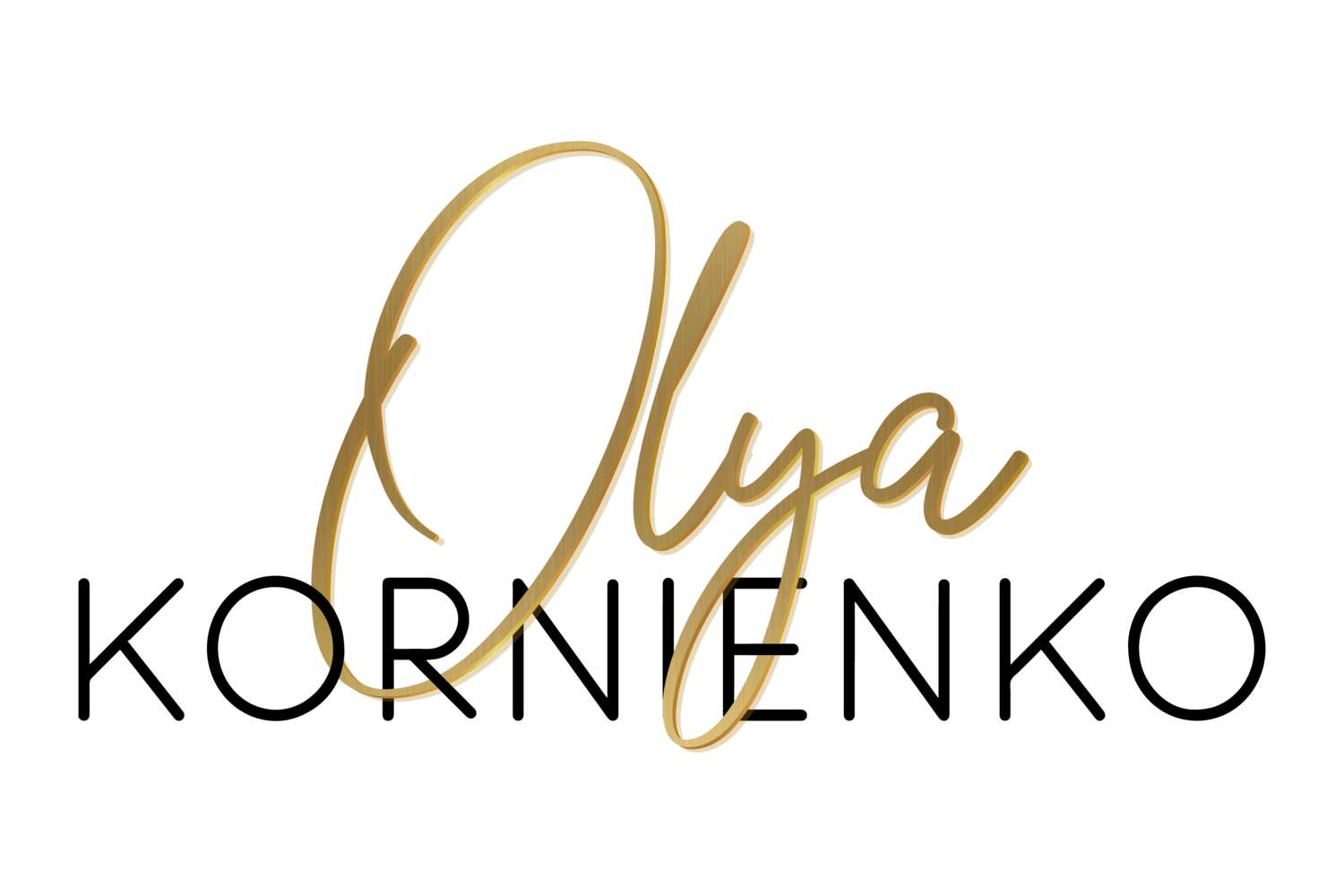How to Start a Creative Project
If you’re reading this, you have a creative project inside of you. You may have just come up with an idea, but you’ve likely been thinking about it for a while.
Maybe you wish to go to Santorini or Bali for a month to write a book (I wanted). Or you wish you could get at least a big chunk of time to edit some videos you shot for your course or YouTube channel, or if only you could have a day to yourself per week, so you could do [insert what you wish you could do].
I’ll be frank. You don’t need much time to start (and finish) your creative project.
But… you need to decide.
You need to decide that you’re going to do this.
You need to decide that you’re going to write and publish your book. You’re going to develop a product and do your best to sell it, and so on.
Agatha Cristie volunteered during World War I and then worked as an apothecary’s assistant while writing her first work. She managed to write while working. During the war. You can do the same. Work on your creative project while working at your job.
So how do you start? Here are 10 practical steps to get you started. Start with number one.
1. Decide that you’re going to make your creative project happen. You must make this decision. If you’re saying that you have done this a long time ago but still have nothing to show for it, that means that you didn’t decide.
2. Be clear on what you’re going to do. Is it writing a script? Self-publish a book? What will be the result? Consistently paint three times a week.
3. Define the steps you need to take. If it’s writing a script, do you have knowledge or experience writing a script? If yes, then go to step 4. If not, figure out how to get this knowledge: take a course, hire a coach or read a book. All the steps you’ll take will bring you towards completing the project. Taking a course would mean that you have started on your project.
4. Come up with a simple plan. Don’t overplan and overthink. If you’re writing a book — you need an outline. If you want to start a business — you need a simple business plan.
5. Create time. It’s not about finding spare time for your project. It’s about creating time for it. Decide when and where you’re planning to write. I wrote A Tiny Book of Joy in the mornings before breakfast. It was the best way for me to write. I did the same when I wrote my script. It worked for me. My goal would be 20–30 minutes of working on my script. When I had more time and felt like writing for longer — I did. If I had to start working for my clients, I would stop once the allocated time is over.
6. Be consistent. Keep going no matter what. If you said you’d be writing 20 minutes a day during the work week — do so.
7. Start small. If you have never written a thing and decide to write 3 hours a day, most likely, it won’t happen. It’s like a gym. If you never exercised before and decide that you will be going to the gym every day for an hour. 99% is that you will not be able to sustain your promise and give up. Why? Because you have never done this before and you don’t have a habit of exercising. And it takes a habit to be able to exercise for an hour consistently. Starting small doesn’t mean you’ll never finish your project. Starting small gives you a better chance to complete it.
8. Celebrate. Every day you’ve done what you intended to do — make sure that you acknowledge it. Write your wins. It can be as simple as WIN: I wrote for 20 minutes. Or I spent typing for 20 minutes.
9. Get back on that wagon. If you didn’t write one day or got sick, don’t just beat yourself up. Consider you paused for the time you needed and keep going. Before you start taking too many pauses, see if you really need that pause or it’s just a way to procrastinate.
10. Just do it. Seriously, just do it. Less thinking is often better. Less thinking before you open your laptop and start typing your script or open your paints and start painting.
Some of us are better at starting things, others at finishing them up.
Starting is a great point. Without it — you don’t have a chance to finish it.
Finishing for me is a challenge, but I learned to finish my creative projects. Come back next week and read how to finish your creative project.
Olya
“Do whatever brings you to life, then. Follow your own fascinations, obsessions, and compulsions. Trust them. Create whatever causes a revolution in your heart.”
~ Elizabeth Gilbert, Big Magic: Creative Living Beyond Fear




